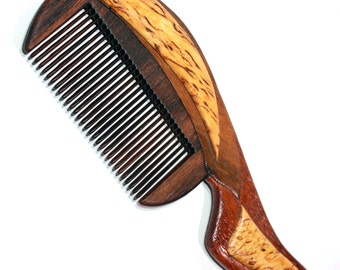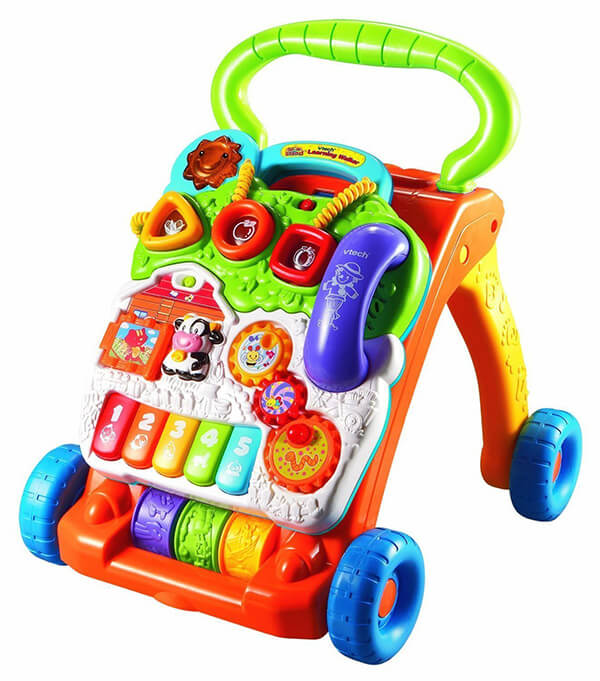Beitza 23 a-b. (2)
1- Our Mishnah records three lenient rulings of R’ Elazar ben Azaryah and the disagreement of others concerning these rulings.

The third item concerns the combing the hair of an animal with two types of combs. קדור and קרצוף.

A Baraisa explains that קרוד refers to combing an animal with a metal comb that has small teeth and קרצוף refers to combing an animal with a wooden comb with large teeth.
The issue is the wound that a comb may cause to the animal when the pulling out of hairs occurs while combing. Wounding an animal or a human is an Av Melocho.

R’ Shimon rules that all combs are permitted for even if a wound is caused it would be permitted since all an unintended transgressions are permitted. דבר שאינו מתכוין
2- The Mishnah discusses the tumah status of a child’s wagon as well as the dispute regarding the use of the wagon on Shabbos on an unpaved floor.

What is is ‘a child’s wagon’?

Rashi’s opinion is that it is a radio flyer. Tosfos says that it is a three wheel gadget that children learn to walk with.

3- When a stroller is pushed over sand or soft earth a groove might be left in the path of the wheels. Another example: dragging a bench or couch on the dir.

Is such a practice is permitted on Shabbos? It is similar to plowing, one of the thirty-nine prohibited melachos.

Our Gemara frames the issue as a dispute between R’ Yehudah and R’ Shimon.
R’ Yehudah maintains that an unintended outcome דבר שאינו מתכוין is prohibited whereas R’ Shimon holds that it is permitted.
Accordingly, R’ Yehudah prohibits using a stroller on Shabbos and R’ Shimon permits pushing the stroller.
4- What about if the pushing the stroller and dragging the bench will positively cause the dirt to be dug up.

Even R’ Shimon would agree that it is prohibited. This concept of an inevitable consequence is called פסיק רישיה.
We discussed the rationale of this idea. After all, although it is inevitable to occur, the person does not intend it to happen.
Some suggested that if something must happen then it means that the person must mean it.

5- – דלא ניחא חי’. פסיק רישיה
We mentioned the opinion of the Aruch , written by Reb Noson of Rome, Italy, , who holds that a פסיק רישיה is permitted if one has no benefit from performing the action.
What is his rationale?
Some explain that his opinion is based on the understanding that (as above) a pesik reisha is forbidden because it is as though one actually intended for the forbidden result to occur, since it was inevitable.
However, if one doesn’t benefit from the forbidden result, even if it’s inevitable, clearly it is unintended since one doesn’t benefit.
Others (תוספות ד”ה טפי ) .say that since he doesn’t benefit from it it is a מלאכה שאינה צריכה לגופה.